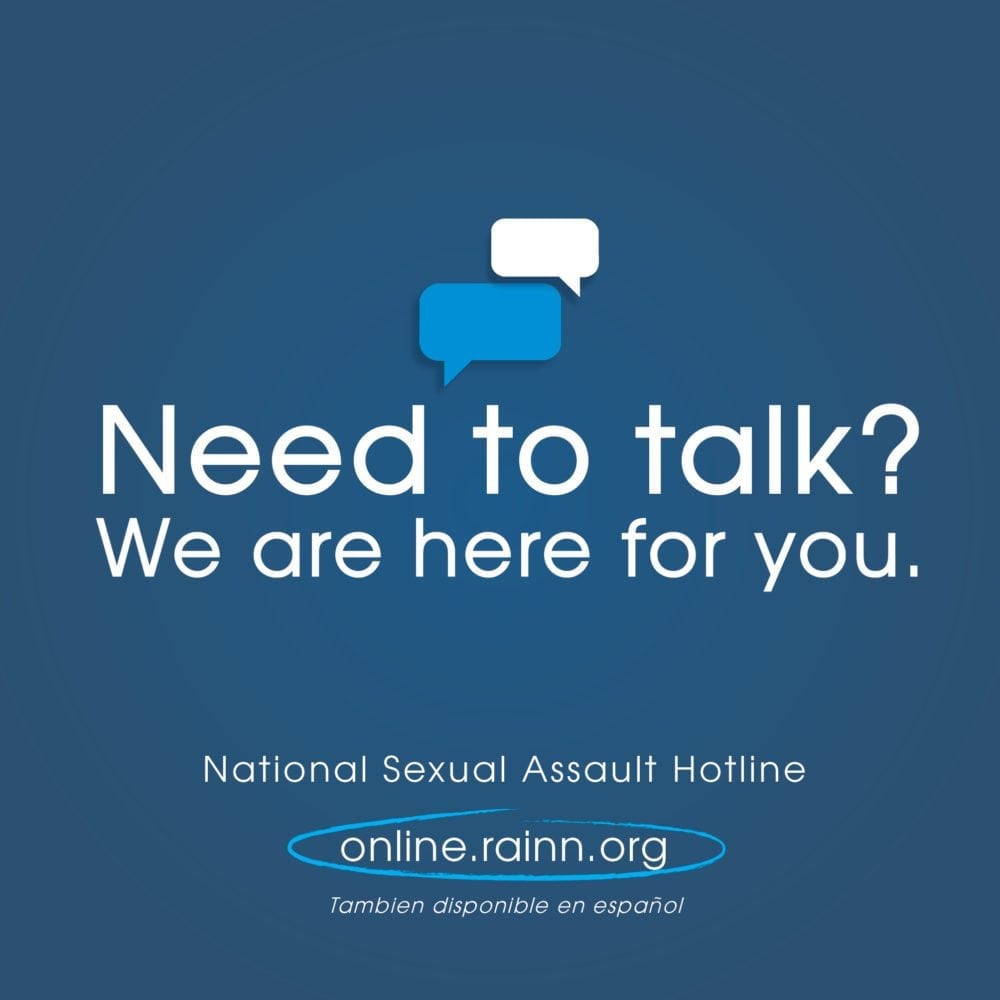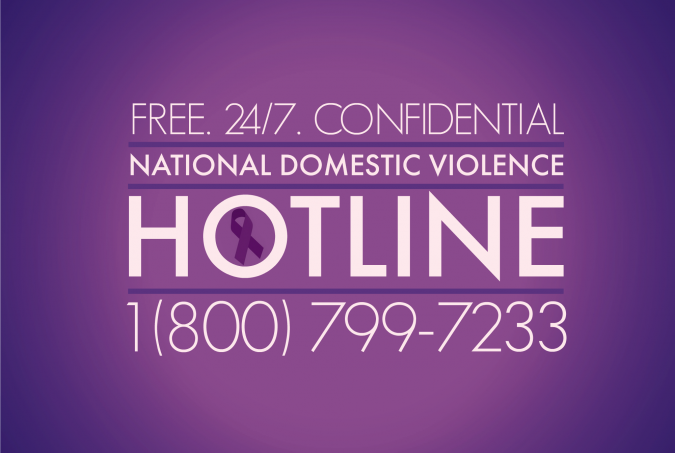As an audiobook girlie, I always covet the aesthetic posts of physical books and the ability to place them on a shelf as a little trophy when finished. Lame that after hours of listening (at 2x speed), all I get is an anticlimactic “Archive This Title” button to push. Also lame that I don’t get a Book It! coupon for free pizza from Pizza Hut anymore either, but whatever.
Maybe that’s what makes a perfect little library with a ladder and the smell of many leather-bound books even dreamier. And be honest—you’re not gonna NOT take a picture on said ladder while pretending to be Belle singing to her poor provincial town’s people.
I just finished Onyx Storm and am feeling personally victimized by fictional characters. As if she hasn’t just tortured her readers with that massive literary cliff hanger, Rebecca Yarros ends her book tour next week in our shared home of Colorado. I failed to get tickets which is a shame because I have so many questions, the first being “how dare you”.
But throughout the flurry of The Empyrean Series’ press coverage, one quote from Fourth Wing keeps resurfacing:
“It only takes one desperate generation to change history—even erase it.”
Stories like Black Onyx may be fantasy and offer readers a momentary escape from reality, but their themes are all too real.
The history survivors are forced to carry is often overwhelming—stories our abusers desperately seek to silence and erase. The “inconvenient” truth threatens their control. It’s also why it is of vital importance that when someone chooses to disclose what they’ve endured, you start by believing them.
Erasure is not just about systematically ignoring the past—it’s denying survivors our voices and our power. When the history of a group of people—ugly as it may be—is erased, those who have inflicted harm are free to continue. When survivors are met with belief, they become more likely to report and seek further crisis support. That means more offenders being held accountable and survivors receiving the justice and resources they need to heal.
We may not be able to change the past, but we can learn from it. We can correct our course, start by believing, and intentionally build a better future.









